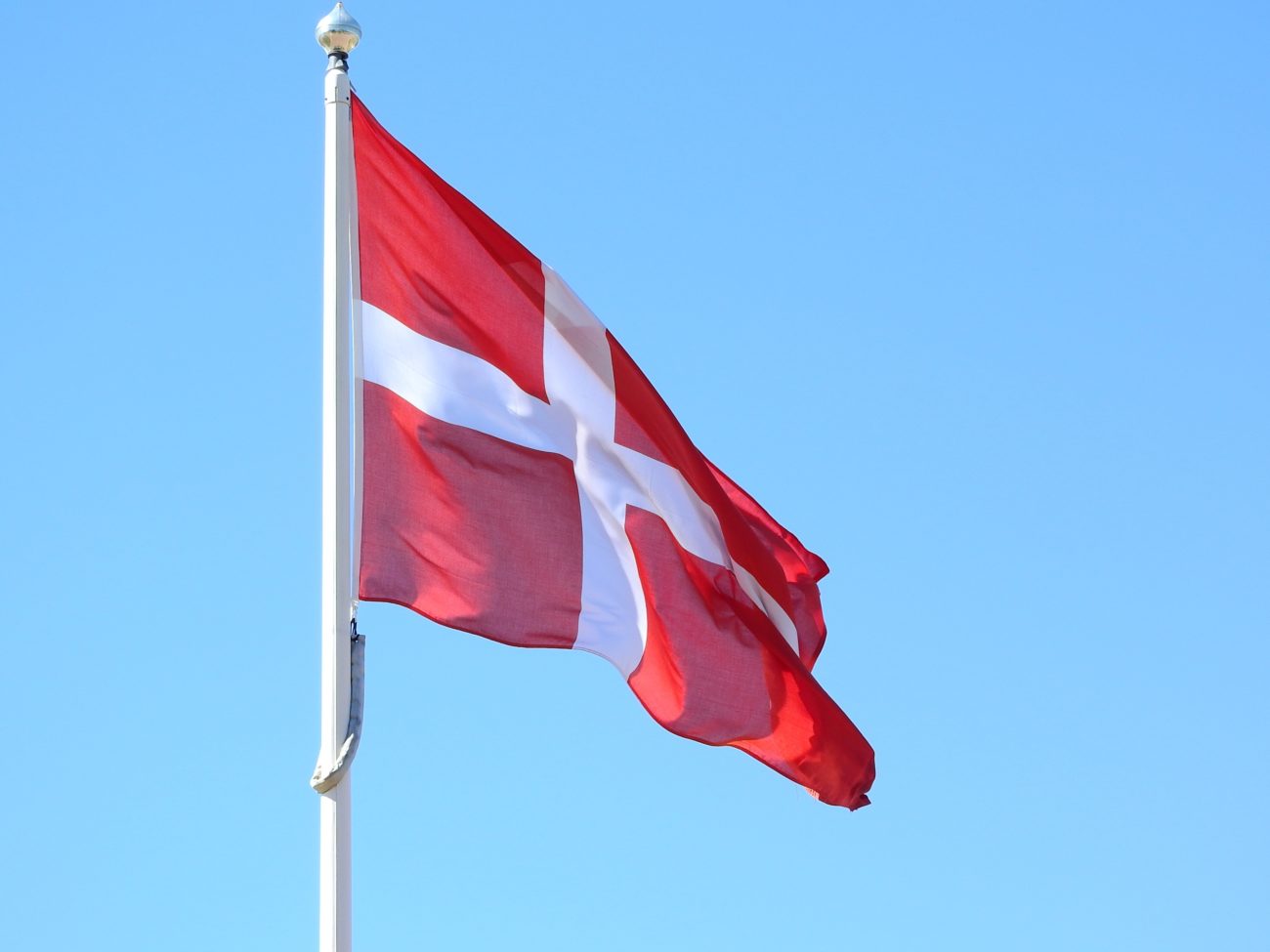Gambling revenue in Denmark reached DKK714 million, higher than both August last year and July this year.
Gambling revenue in Denmark increased 25.1% year-on-year in August, helped by double-digit growth across both the country’s sports betting and iGaming markets.
Revenue for the month reached DKK714 million ($112 million), national gambling regulator Spillemyndigheden said. This was comfortably clear of the DKK571 million posted in August 2024 and 12.6% above DKK634 million in July this year.
Breaking this down, the regulator highlighted sports betting as the main area of growth. During the month, revenue in this segment jumped 53.4% year-on-year to DEKK225 million. This was also the highest monthly total of the year so far.
Mobile sports betting accounted for DKK160 million, or 71.3%, of all revenue. Revenue from computer betting topped DKK37 million, while retail stores generated DKK27 million.
Double-digit growth was also reported within the iGaming sector, where revenue climbed 20.7% to DKK361 million. As has been the case for some time, this segment also remained the primary source of gambling revenue in Denmark.
Online slots drew the most revenue at DKK284 million, or 78.6% of the segment total. Next was online blackjack with DKK22.5 million in revenue, ahead of roulette on DKK16.9 million, poker at DKK8.6 million and bingo DKK8.2 million. The remaining DKK21.1 million was split between other games.
Mixed news for land-based gambling in Denmark
Turning towards the land-based gambling market, revenue from slot machines dipped 0.7% year-on-year to DKK95 million. Of this, DKK76.8 million came from physical machines placed in gaming halls and DKK18.7 million terminals in restaurants.
However, land-based casino revenue edged up 4.9% to DKK31 million in August. It was the fifth consecutive month that revenue in the sector surpassed DKK30 million.
The remaining DKK2 million was drawn from land-based bingo activities, in line with the past few months.
Spillemyndigheden also published figures on self-exclusion during the month. By the end of August, a total of 63,488 had registered with the ROFUS scheme. This included 41,362 who had permanently excluded from gambling and 22,126 who opted for temporary exclusion.
Of all registrants since the scheme launched in 2012, some 65.2% permanently blocked themselves from gambling. The next highest option was six months, with 16.2% of users selecting this period.
